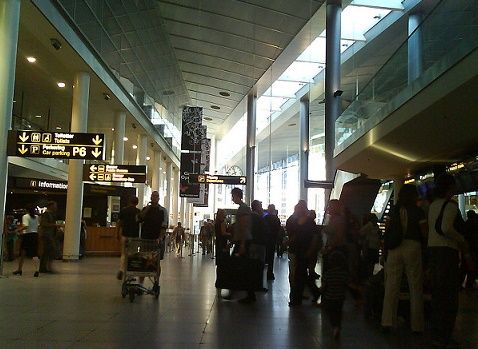As a result of the budget deal reached in 2018, the Lufthavnstilsynet control body was given 2.2 million kroner in funding to carry out 27 spot-checks annually over the next four years at a number of Danish airports.
READ ALSO: Social security fraud spot checks ongoing at Copenhagen Airport
It seems as if the decision was a wise one. So far, at the airports of Kastrup (Copenhagen) and Aalborg, 155 people have been apprehended and charged with social security fraud, reports TV2 Nyheder. In total, they have been ordered to pay back almost a million kroner to the public purse.
“This underlines the necessity to carry out checks at airports. It’s a very large amount that we’ve been swindled out of that we’ve discovered in a very short time,” said the employment minister, Troels Lund Poulsen.
“Unfortunately, we must expect to see similar amounts in future. Some people seem to organise things so that they leave Denmark illegally with their benefits without being available on the Danish job market,” the minister continued.
Every day is a holiday
In April, three people on unemployment benefits who went abroad for a holiday were ordered to pay back between 40,000 and 70,000 kroner. They were also put in benefit quarantine for periods ranging from 600 to 1,000 hours.
In another case, one man will have to refund 200,000 kroner because he travelled abroad for four years. On top of that, he will forfeit 20 weeks’ worth of benefits because it is the second time that he has been caught on the way out of the country.
If you are receiving benefits, you are legally obliged to be available for work, but you can take a holiday if you obtain permission from your job centre.
Poulsen feels that this is an even more serious problem than under-the-table work. “People receive money from the communal welfare fund and then some of them totally unacceptably choose to abuse that trust,” he said.
“It might be a good idea to set more funds aside for further checks,” Poulsen concluded.















